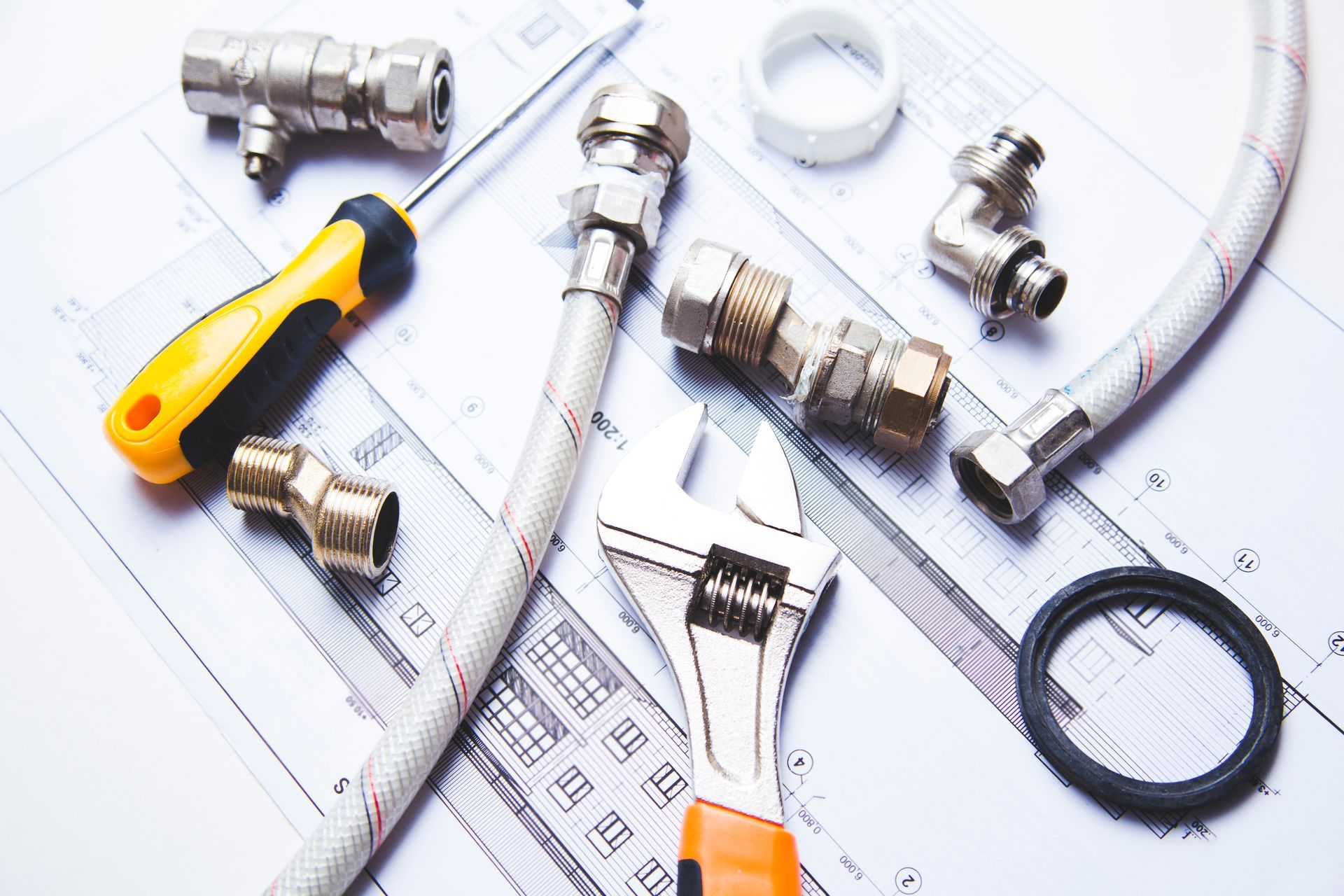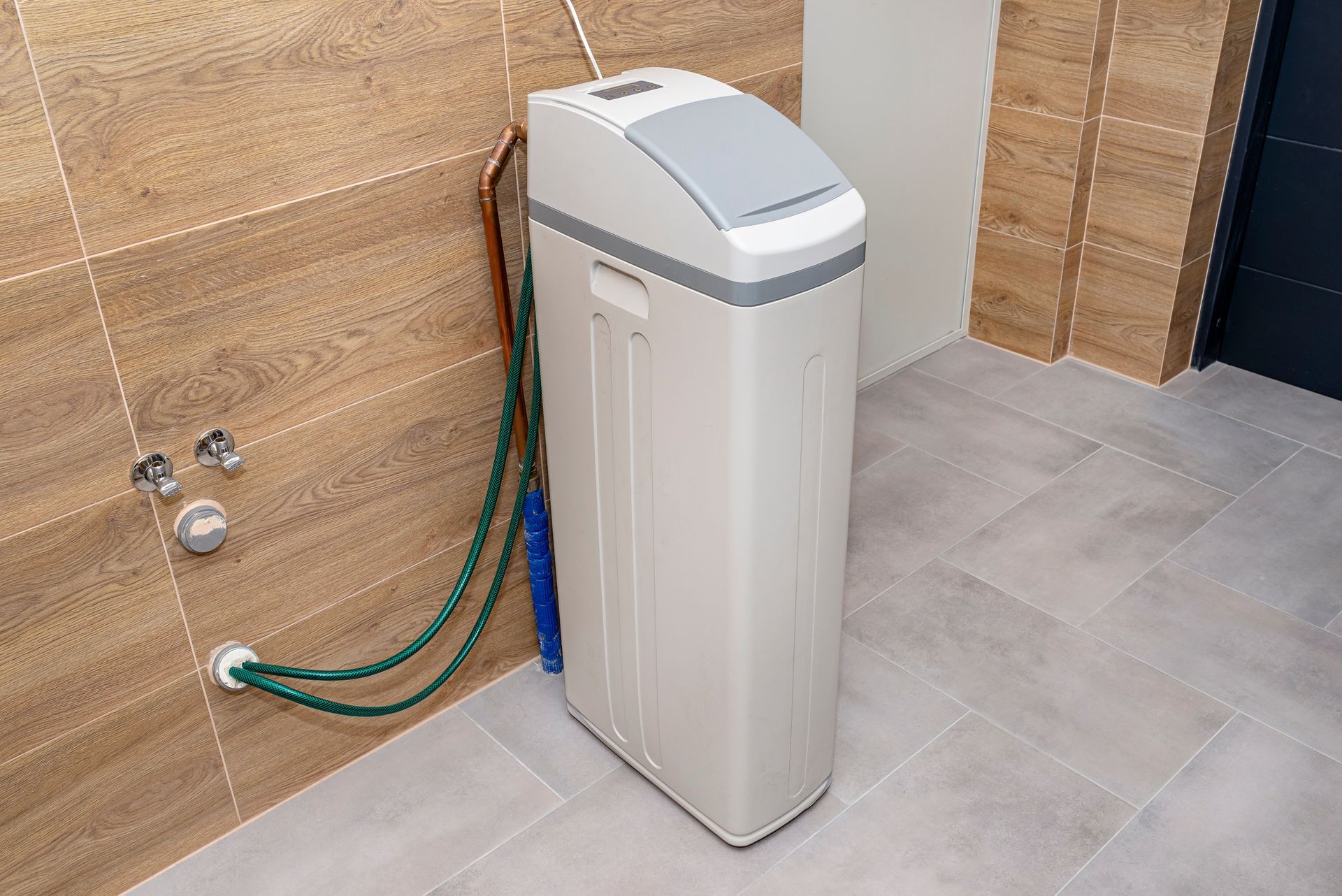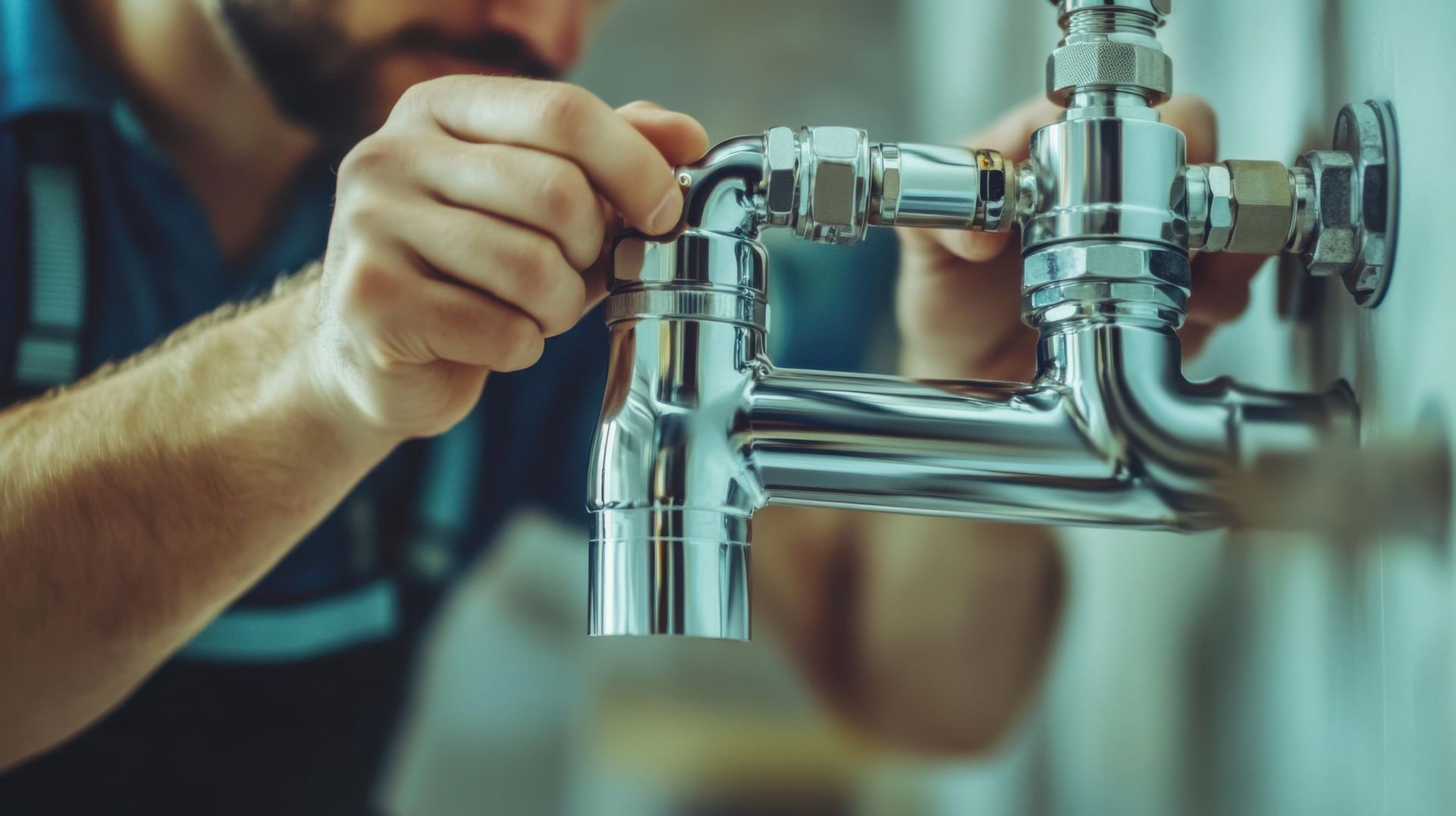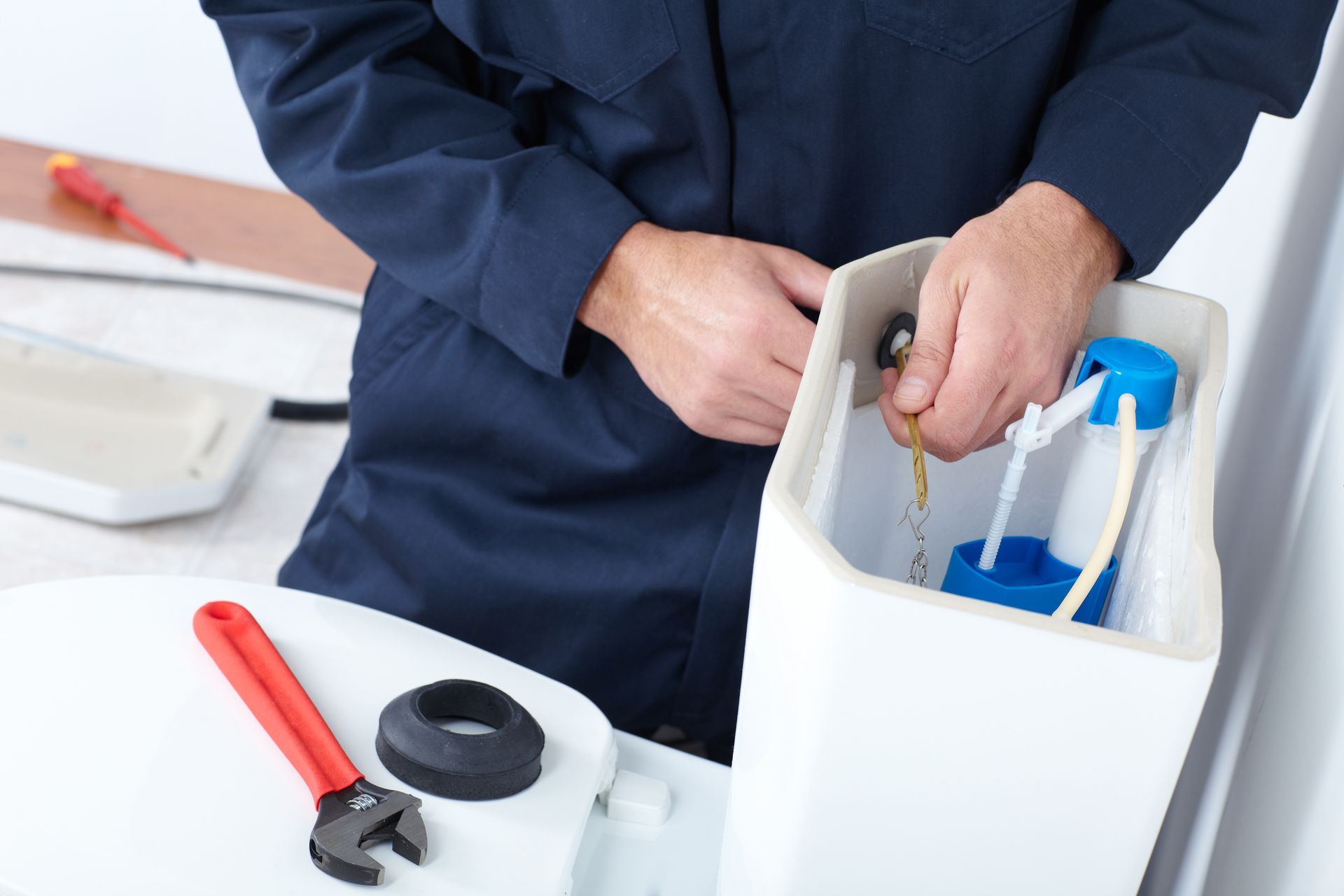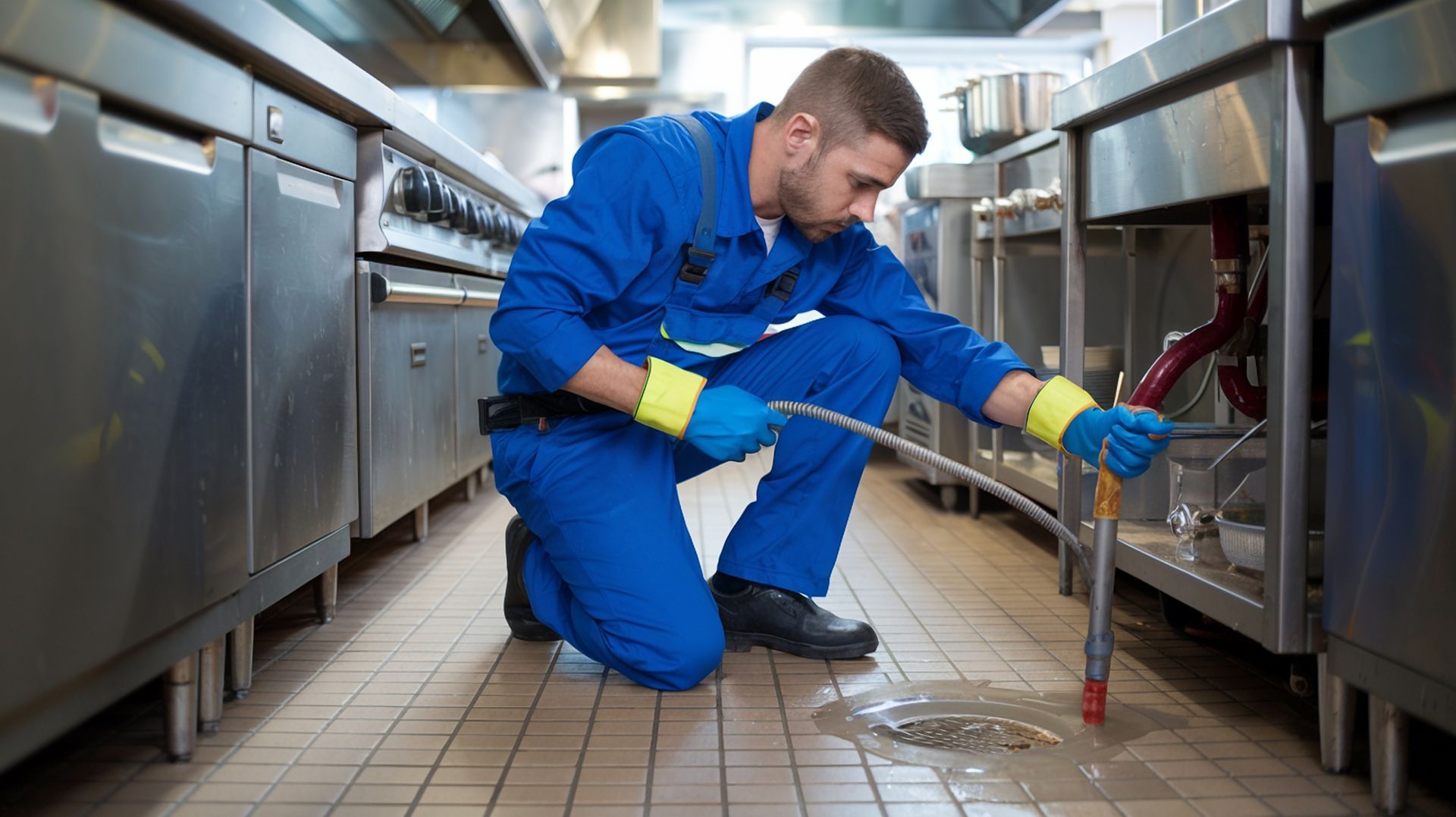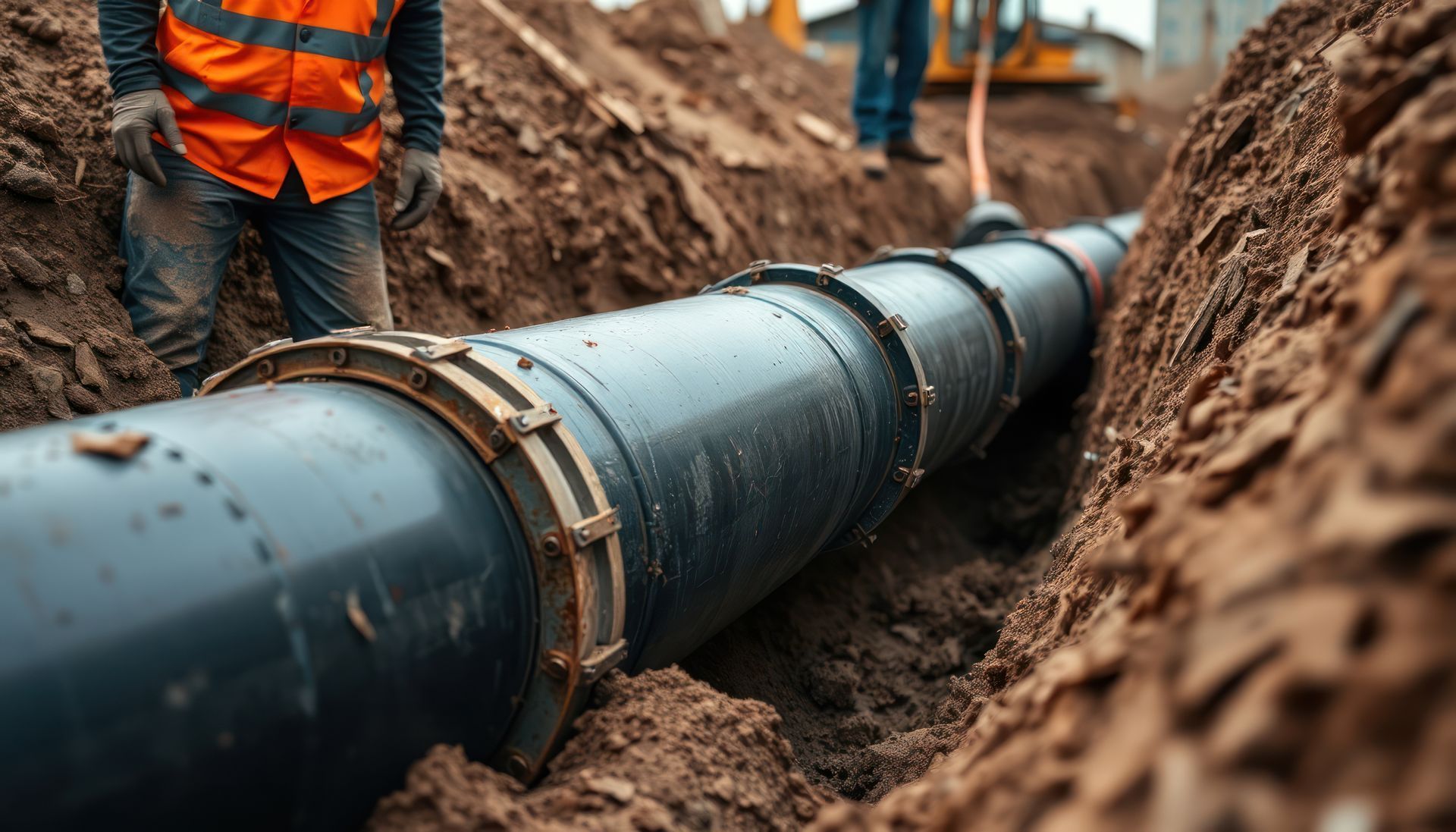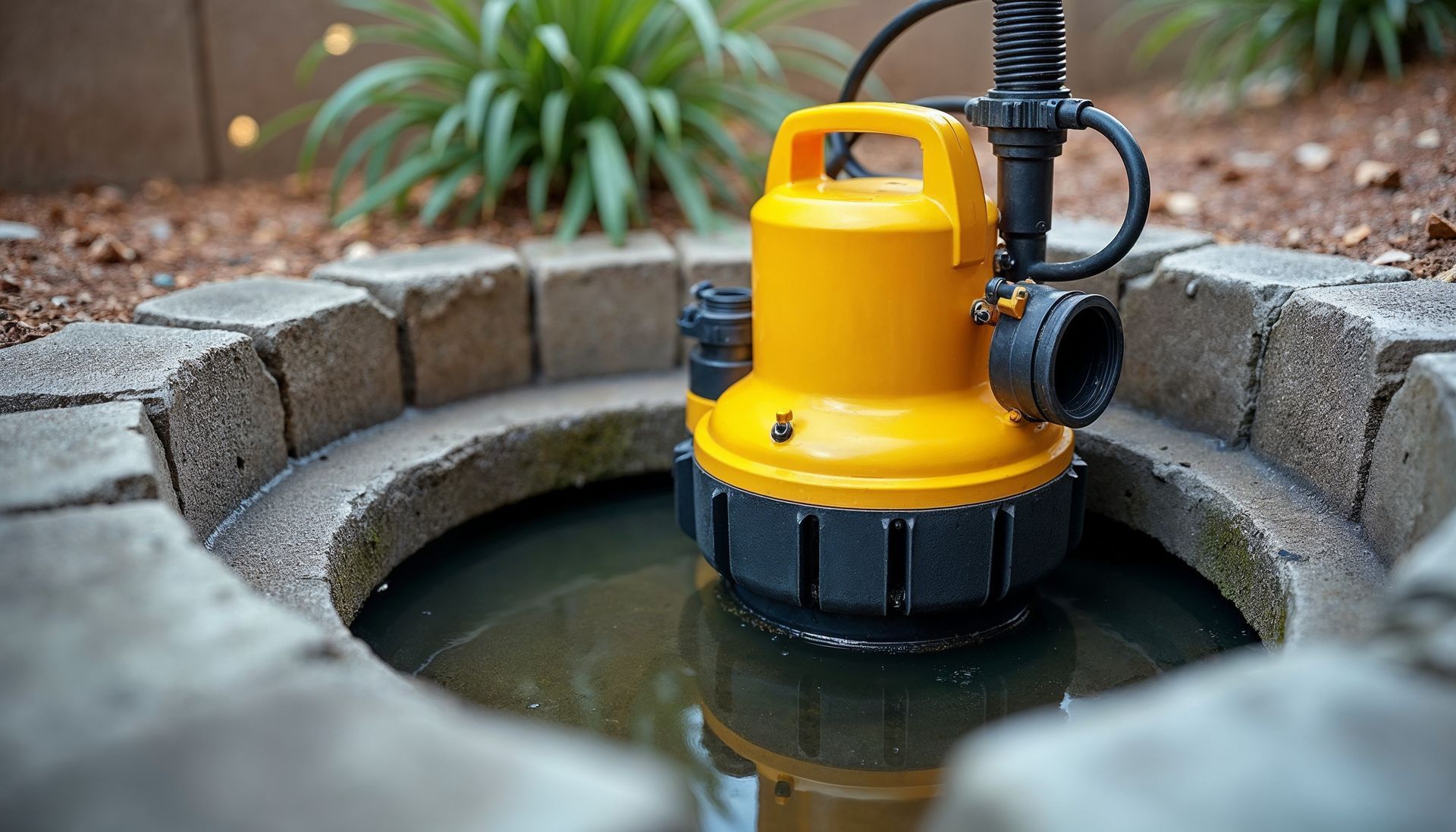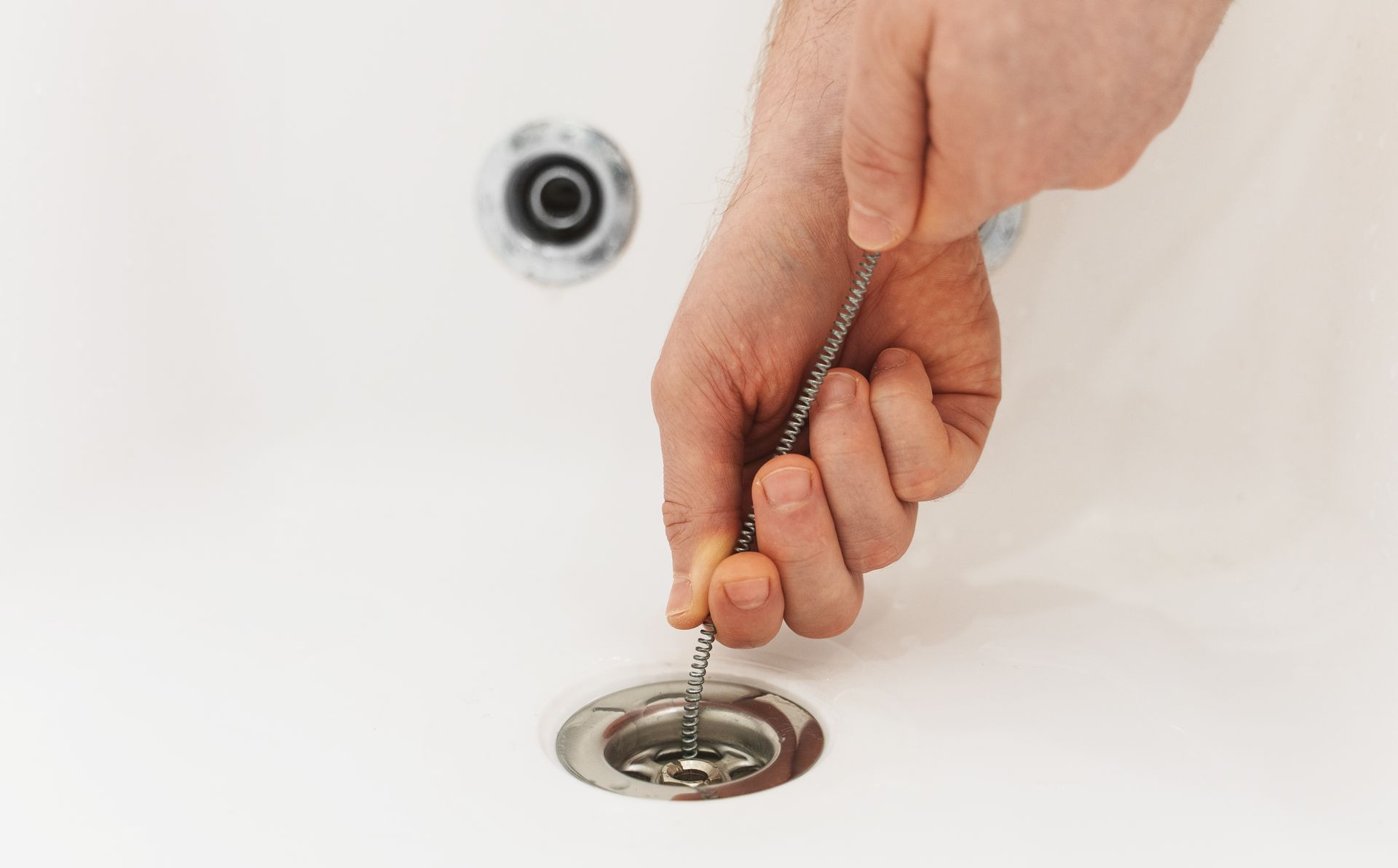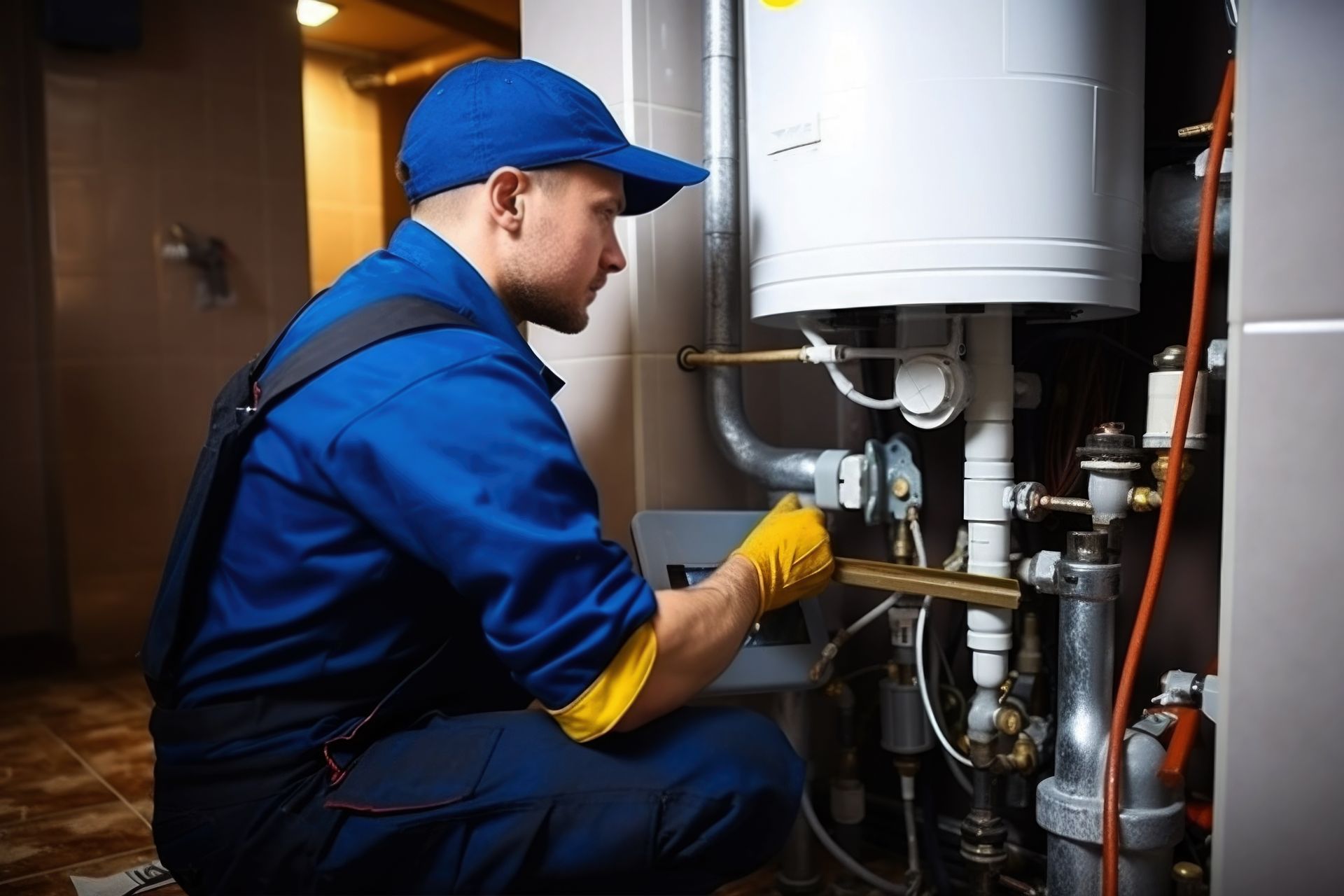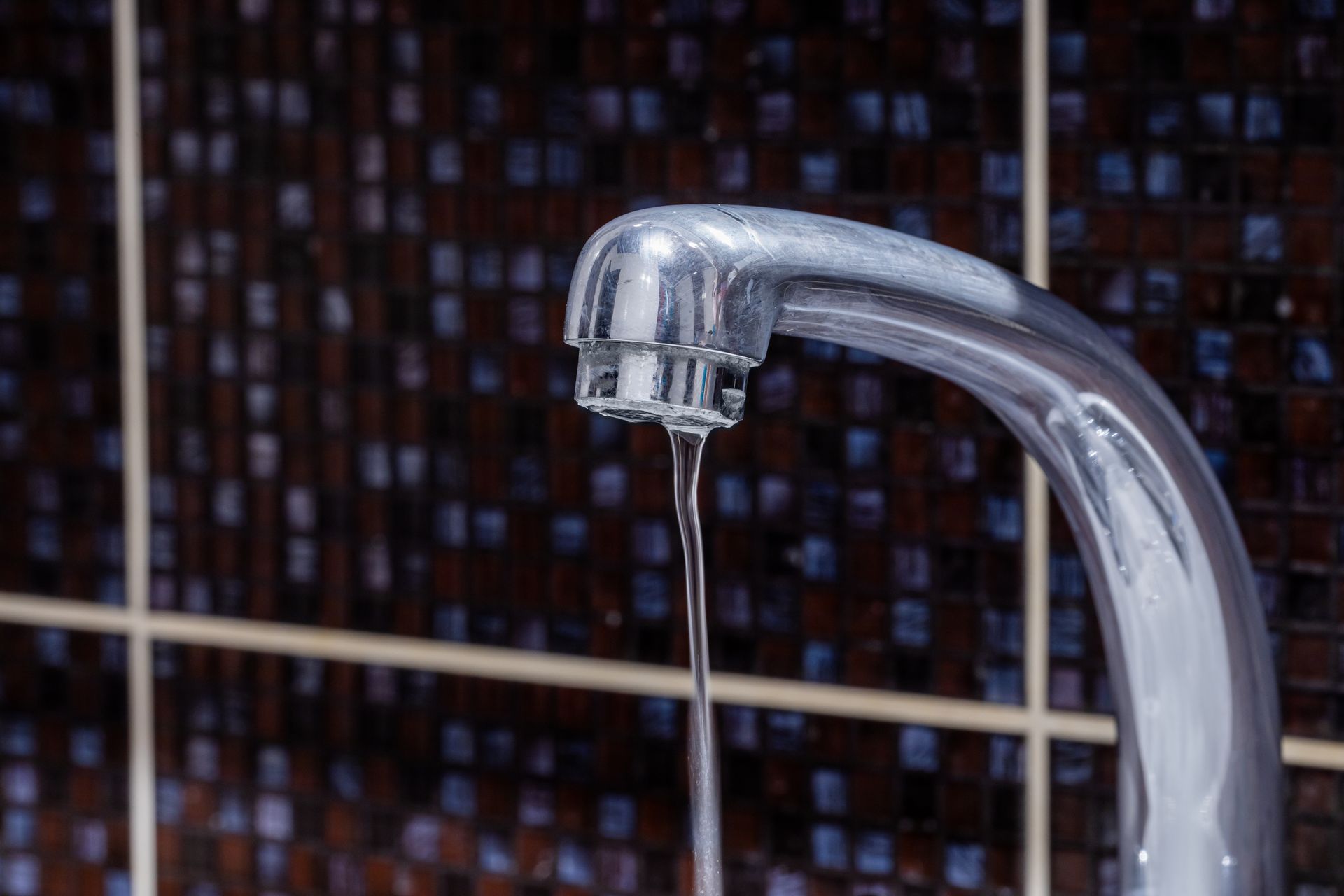Aurora Water Heater Repair: A Comprehensive Guide to Keeping Your Hot Water Flowing
SEO Meta-Description: Looking for reliable information on Aurora water heater repair? This comprehensive guide covers everything you need to know about maintaining and fixing your water heater. From common issues to DIY tips, find expert advice to keep your hot water flowing smoothly.
Introduction
Welcome to our comprehensive guide on Aurora water heater repair! Your water heater plays a crucial role in providing the hot water you need for daily activities, whether it's showering, doing laundry, or washing dishes. However, like any other appliance, water heaters may encounter issues over time, leading to a disruption in your daily routine. In this article, we'll cover essential maintenance tips, common problems, troubleshooting, and DIY repair techniques to help you keep your water heater in top-notch condition. Whether you're a homeowner or a tenant, this guide will empower you to tackle water heater problems with confidence and ensure your hot water remains uninterrupted.
What is a Water Heater?
Before we delve into the specifics of Aurora water heater repair, let's first understand what a water heater is. A water heater is a household appliance designed to heat and store water for domestic use. It can operate on various energy sources, such as electricity, natural gas, propane, or solar power. The most common types of water heaters are storage tank water heaters and tankless water heaters.
Common Issues with Water Heaters
Nothing's Worse Than a Cold Shower!
A water heater may experience several common issues that can disrupt its functioning. Here are some frequent problems you might encounter:
1. No Hot Water
The most obvious sign of a problem is when you turn on the hot water tap, and there's no hot water. This issue can stem from a faulty pilot light, a malfunctioning heating element, or a broken thermostat.
2. Inadequate Hot Water
If your water heater isn't providing enough hot water to meet your household's needs, it could be due to sediment buildup in the tank, a damaged dip tube, or an incorrectly set temperature.
3. Rust-Colored Water
Finding rust-colored water when you turn on the hot water tap is a concerning sign. This could be caused by corrosion inside the water heater tank, which needs immediate attention.
4. Leaks
Water heater leaks can be a serious problem and may result from loose connections, a damaged tank, or a faulty pressure relief valve.
5. Strange Noises
Gurgling, popping, or rumbling noises coming from the water heater can indicate sediment accumulation, which hinders efficient heating.
6. Foul Odors
Foul-smelling water is often caused by bacteria growth inside the tank, which can be resolved with proper cleaning and disinfection.
DIY Water Heater Maintenance
Keep Your Water Heater Happy with Regular TLC!
To prevent common water heater issues and extend its lifespan, regular maintenance is essential. Here are some DIY maintenance tips:
1. Flushing the Tank
Periodically flushing the water heater tank helps remove sediment buildup, ensuring optimal heating efficiency.
2. Checking the Anode Rod
The anode rod sacrifices itself to prevent the tank from rusting. Check it annually and replace it if it's heavily corroded.
3. Testing the Pressure Relief Valve
Testing the pressure relief valve is vital for preventing tank overpressure. Lift the lever and let it snap back to check its functionality.
4. Insulating the Pipes
Insulating hot water pipes reduces heat loss during distribution, saving energy and reducing the workload on the water heater.
5. Adjusting the Temperature
Set the water heater temperature to around 120°F (49°C) to prevent scalding and reduce energy consumption.
When to Call a Professional
Know When to Call in the Experts!
While DIY maintenance can go a long way, certain situations require professional intervention. Here are some instances when you should call a water heater repair expert:
1. No Hot Water Despite Troubleshooting
If you've tried troubleshooting but still don't have hot water, it's time to call a professional.
2. Leaking Water Heater
A leaking water heater should never be ignored, as it can lead to property damage and pose safety hazards.
3. Gas Smell
If you detect a gas smell near your gas water heater, turn off the gas supply immediately and seek professional assistance.
4. Pilot Light Issues
A constantly extinguishing pilot light or difficulty in lighting it requires expert attention.
5. Unusual Noises Persist
Strange noises from the water heater that persist even after maintenance may indicate a more significant problem.
Frequently Asked Questions (FAQs)
Q: How often should I flush my water heater?
A: Flushing your water heater annually is generally sufficient to prevent sediment buildup and maintain optimal performance.
Q: Can I replace a water heater element myself?
A: Yes, you can replace a water heater element yourself if you have some DIY experience and follow safety precautions.
Q: Is it normal for a water heater to make noise?
A: Some noise is normal, but loud rumbling or banging sounds indicate sediment buildup and require attention.
Q: What should I do if my water heater is leaking?
A: Turn off the water supply and power/gas to the heater immediately, and then call a professional for repairs.
Q: How can I increase the lifespan of my water heater?
A: Regular maintenance, including flushing the tank and checking the anode rod, can significantly extend your water heater's lifespan.
Q: Should I consider a tankless water heater?
A: Tankless water heaters are more energy-efficient and provide endless hot water but may have a higher upfront cost.
Conclusion
Your water heater is an indispensable appliance that warrants regular care and attention. By following the DIY maintenance tips and knowing when to call in professionals, you can ensure your water heater remains efficient and reliable, providing you with hot water whenever you need it. Remember, safety always comes first, so never hesitate to seek professional help when faced with complex issues. With proper care, your Aurora water heater will continue to serve you for many years, making your daily life more comfortable and enjoyable.

